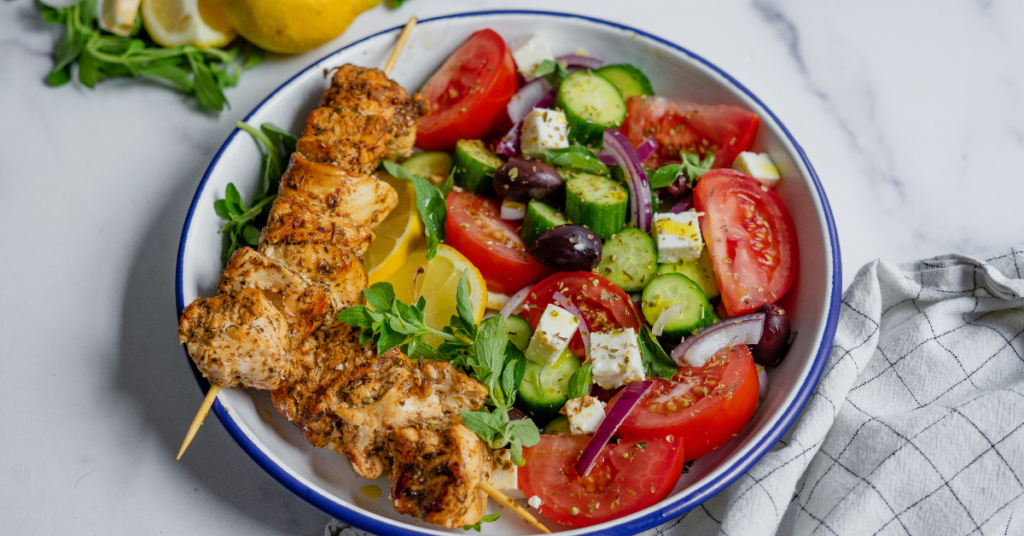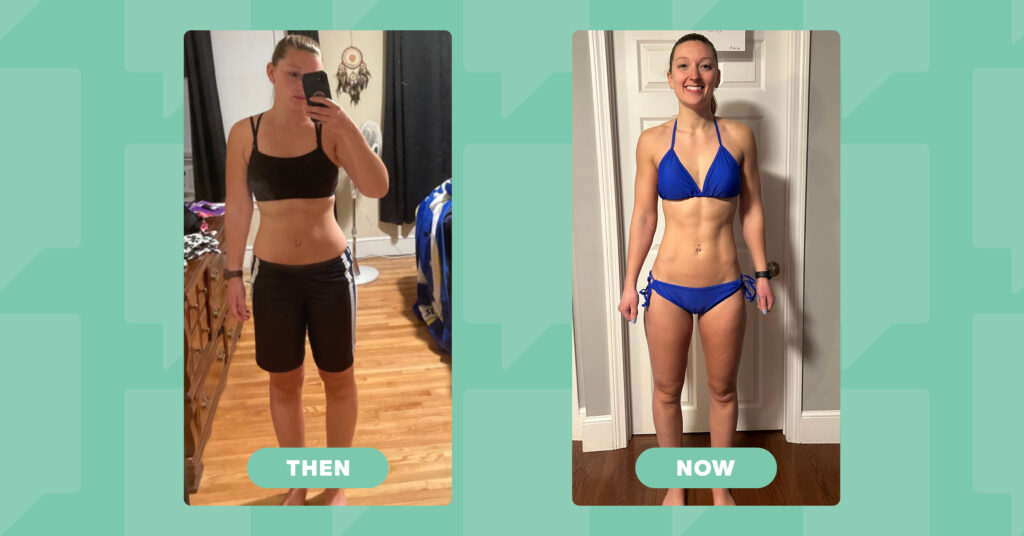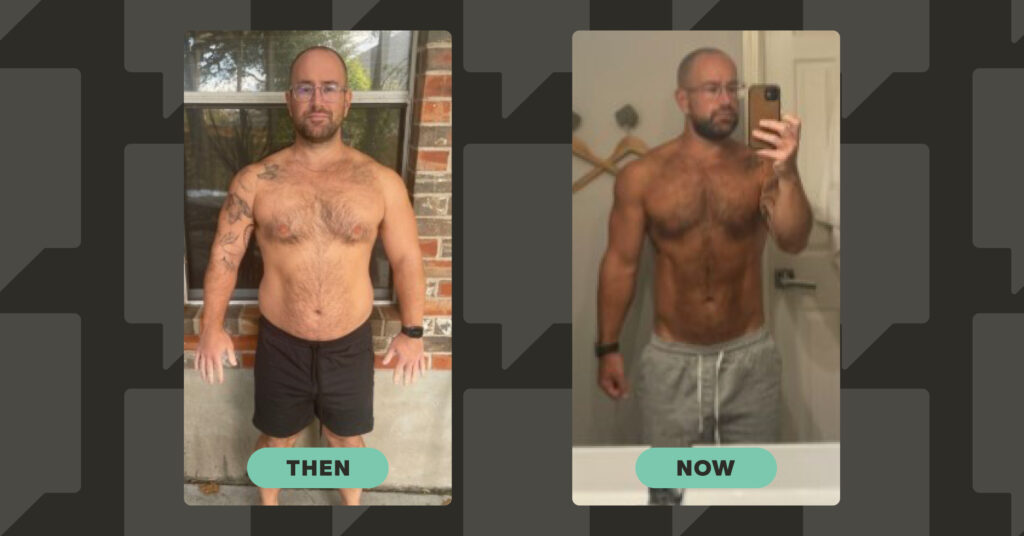We’re continuing the theme of heart health for American Heart Month. Earlier this month we talked about why losing weight is important for heart health, and how you can do so. Today, we’re going to talk about one of the greatest predictors for heart disease that’s out there. Today we’re talking about the silent killer, otherwise known as blood pressure.
First off, what exactly is blood pressure?
When we talk about blood pressure, we’re talking about the pressure that blood exerts on the blood vessels as it travels through circulation. The reading you get measures pressure at two points: systolic, which is the maximum pressure during a contraction, and diastolic, which is the minimum pressure between contractions. Together, those two readings give us an idea of how well our heart is doing at moving blood throughout our body and how much strain it undergoes to do its job.
But why do we want to talk about blood pressure? And why does it even matter?
Well, if you’ve kept up with American Heart Month at all, you’re aware that heart disease is the leading cause of death in the western developed world. And what is one of the greatest predictors of your risk factor for heart disease? Your blood pressure! Makes sense, right? The harder a heart has to work over an extended period of time, the greater the risk of heart disease or another related complication.
We have all heard about heart disease and blood pressure at some point or another, but this is important stuff to touch upon. The sheer numbers of people who are impacted are astounding. There are about 103 million American adults with high blood pressure, or just under ⅓ of the population.
But knowing the numbers is one thing. However, knowing how many people deal with high blood pressure doesn’t exactly clear up what it is or what it looks like. So, just to be clear, how exactly do we define high blood pressure? This chart from the American Heart Association provides a great breakdown of what normal, elevated, and hypertensive blood pressure ranges look like.
But what should you be doing with this information? First and foremost, if you’re not regularly monitoring your blood pressure that’s a great place to start. In fact, that’s the first place to start. No matter if you’re getting information from the Mayo Clinic, Cleveland Clinic, or any other reputable source of medical information you’ll quickly see that developing awareness around your blood pressure is step one. Along with starting to monitor your blood pressure, consult with your doctor about what your blood pressure readings do look like and what they say about your health.
Monitoring your blood pressure and talking with your doctor is a smart place to start because similar to what we talked about in the opening blog on heart health, taking care of our insides is the very epitome of that old saying: an ounce of prevention is worth a pound of cure. And nowhere might that be more evident than when we’re talking about paying attention to and taking care of our hearts.
Chronically elevated blood pressure can wreak havoc on our health over the course of years and decades, all the while not giving us anything noticeable to worry about on the outside. But inside? That’s a whole different story. Elevated blood pressure can damage the arteries, leading to them be less elastic over time thanks to the collection of fats in the blood vessel walls. This stiffening of the arterial wall can also lead to an increased risk of an aneurysm.
But hold on, the health of risks of high blood pressure doesn’t just stop in the arterial walls. The myriad of health consequences that follow living with high blood pressure for a prolonged period of time seems almost too many to name. Heart failure, dementia, stroke, kidney troubles, and sexual dysfunction are just a few of the more common ones. So when we’re talking about heart health and doing all we can to take care of our hearts, it’s relatively safe to say that monitoring our blood pressure is the easiest place to start. Similar to learning how to track your food and then adjust behavior, it’s the first metric that you can start to assign some meaning to. And once you understand that metric and what it says, you can start working on improving it.
How do we improve our blood pressure?
When talking about improving blood pressure, we’re going to talk about everything outside of medication. Prescription medication is outside the scope of our expertise here, and if there are questions you do have about medications, it’s best advised that you bring those up with your doctor.
Like all things dealing with heart health, improving your blood pressure doesn’t come with a bunch of flashy recommendations. Instead, when you’re talking about blood pressure and how we can improve it, you’ll find some of the most timeless pieces of health advice out there.
-
Lose weight
If you’re overweight, that’s the first place to start. For a fact. It’s so important that we even spent an entire blog talking about it.
-
Exercise regularly
Seriously, move your body. We’ve talked at length about why you shouldn’t use exercise as a weight-loss tool or a reason to eat everything in sight. But you should use exercise as a tool to manage your health because that’s what it is perfect for. Exercise is intentionally putting strain on your heart so that your heart can then, in turn, become stronger and more resilient. Making it better at handling planned and unplanned strain in the future. Move your body intentionally and often. Go on walks. Take classes. Ride the Peloton. Hit the weights. Whatever is fun and reasonable for you to do, make that a habit. Your heart will thank you for it.
-
Take care of your stress
Stress is one of those things that we tend to forget can have an impact on our health. We go through our daily lives in varying degrees of stressed out, paying no thought to what that might be doing to us internally. But there might be no more dangerous and silent risk factor than living with unbearably high-stress levels. Nobody would argue that stress is fun, but plenty do argue that there’s not much that can be done about stress in our lives. And some of that is true. We don’t control when stressful situations show up, but we can control how we decide to cope with them. Spend time unplugged and outside. Make time to hang out with your loved ones. Get to bed earlier. Do whatever you can that allows you to feel like you’re not drowning in stress on a daily basis. Not only will this have a massive impact on your quality of life, but your heart will also be healthier because of it.
-
Moderate your alcohol intake
Alcohol can be one of the more confusing topics out there when we’re talking about blood pressure. A little seems to be on the healthy side, but a little can easily turn into too much. The general rule of moderate alcohol intake is one drink per day for women and two drinks per day for men, so if you find yourself blowing past that on a regular basis, it might be smarter to spend some time not drinking to help reframe what moderation means to you.
Wait, but what about salt?
Reducing sodium intake is one of the most commonly suggested when it comes to managing blood pressure, and for good reason. There is plenty of research to suggest that lowering sodium intake has a big impact on blood pressure. However, when we’re talking about sodium and blood pressure it’s typically not as simple as saying to start eating less salt.
For starters, sodium is an important electrolyte that does have a role in helping us stay hydrated, as we talked about here. If someone decides to eliminate salt entirely from their diet, that might actually wind up doing more harm than good. Especially if that person is an avid exerciser already.
But the oft-overlooked part of limiting sodium intake doesn’t necessarily have to do with the hydration component. It’s got to do with the fact that when most people hear they should reduce sodium, they start eliminating table salt. Or they say that they already don’t use table salt, so they should be fine. In reality, roughly 75% of our sodium intake doesn’t come from table salt at all, but the foods we eat. Which means, sure, eliminating table salt can be a good place to start. But it’s not enough when we think about the totality of our diets. And when it comes to blood pressure, or anything else, it’s the totality of what we do that matters.
For a great read on the nuances of sodium and blood pressure, Examine.com has done an outstanding breakdown, which you can read here.
When taking care of your heart, it’s all about the big picture.
You’ve got to do your best to think about the big picture. It’s never just the table salt or the alcohol that is leading us to have high blood pressure, just like it’s never the one cookie or the brownie that led us to being overweight. It’s everything coming together to create the full picture of your health and wellness. It’s how stressed you are on a daily basis. How much extra weight you’re carrying around. How little you’re moving your body on a regular basis. All of those things add up to create a picture of your health.
In many ways, learning how to take charge of our health and wellness is learning how to view things from a big picture point of view. Through that big picture view, we learn the profound importance of the basics and the role those basics play. And as we learn the importance of those things, we begin to learn the importance of showing up for those basic behaviors on a consistent basis.
Interested in learning more about Stronger U? Email us at info@strongeru.com or to schedule a free informational phone call with someone on our Member Experience Team just CLICK HERE! Can’t wait to hear from you!









